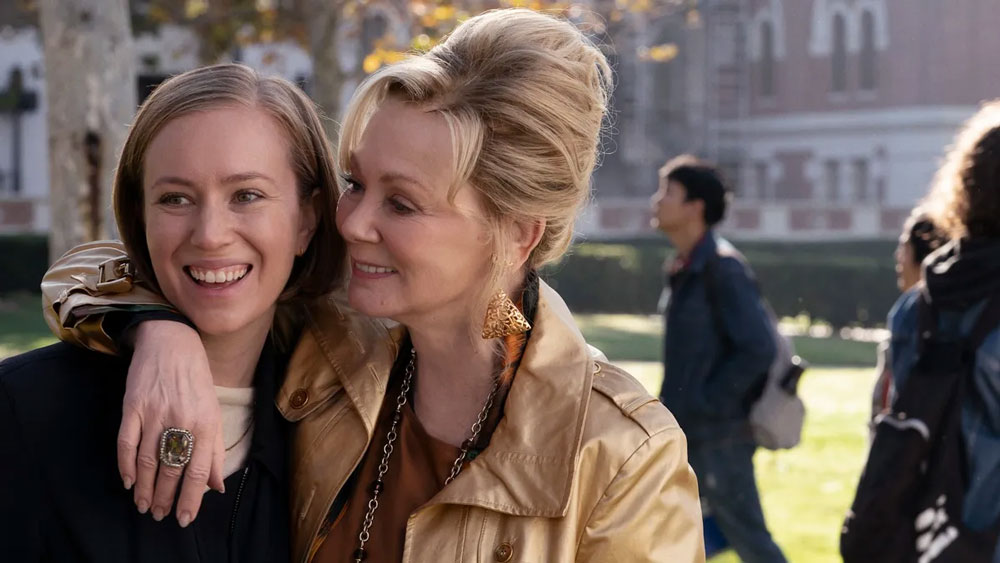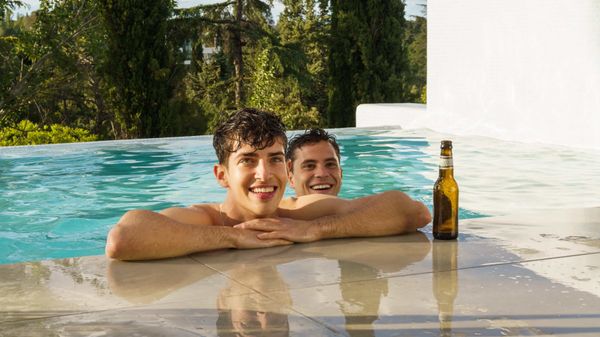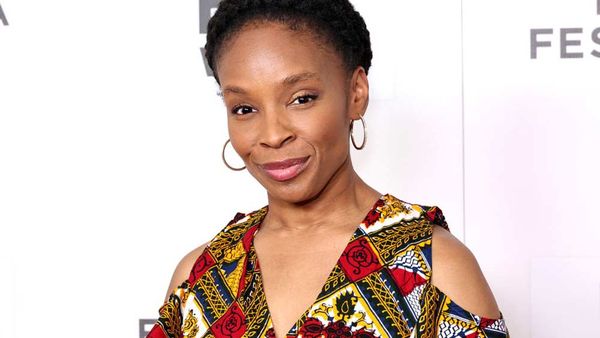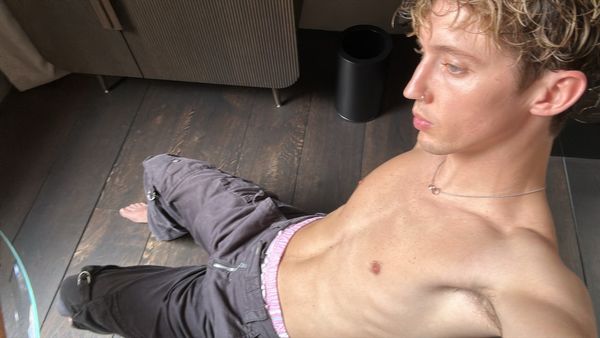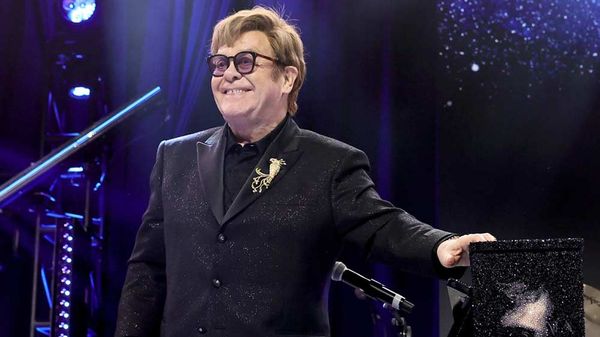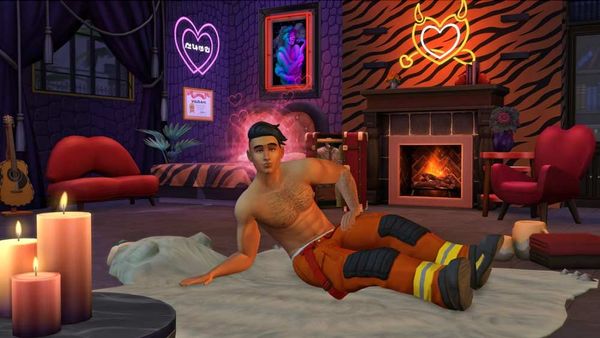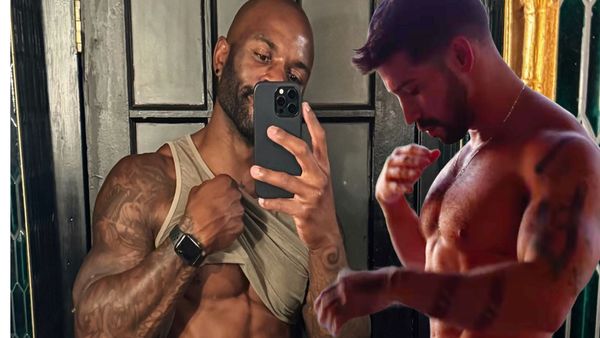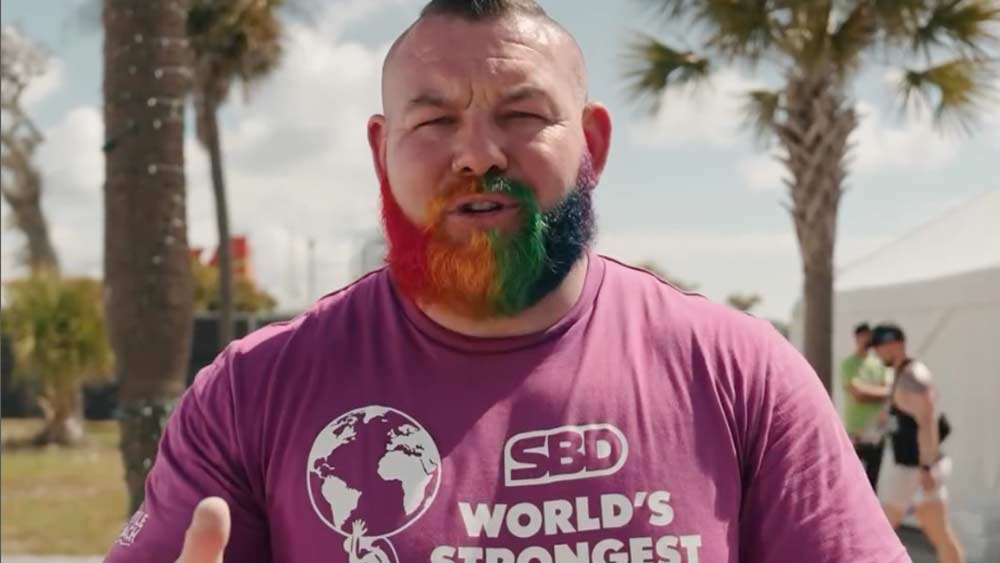
Jun 18
Now Retired, World's First Out Gay Strongman Has Words of Advice
Kilian Melloy READ TIME: 4 MIN.
Out strongman Rob Kearney, who recently retired from the sport, has sage words to offer queer athletes, youth, and anyone else who will listen.
"A lot of times, LGBTQ+ people feel so alone," Kearney told Men's Health in an in-depth interview. "We're not always understood, or we can't always find the people that are like us.
"Whether it's a friend, whether it's a family member, whether it's somebody online," the Giants Live champion added, "there's always somebody that will listen. Find that one person who can give you light, and that can change everything. Let that positive moment snowball into something bigger."
Kearney, 32, stepped back from competition earlier this year after an illustrious career as a professional strongman that saw him break records and take first place in the Arnold Pro Strongman World Series. He turned pro at 21, and at age 22 – after starting a relationship with another man – he decided to come out of the closet.
"I was coming out because I was in a relationship with my now-husband, who had been out since he was 17 years old," the self-described "World's Strongest Gay" told Men's Health. "I didn't feel like it was fair for him to be in a relationship with somebody who was closeted.
"So I came out really just out of respect for our relationship, and then it quickly turned into much more," the strongman went on to say. "The realization of me being the first and only openly gay professional Strongman in the world hit after. There was definitely a lot of anxiety and fear around that because I didn't know what that would mean."
One thing it meant was that Kearney was able to tell the foes from the pros. People with no real sense of the sport's culture might have hurled hate, but those with experienced appreciation for the drive, discipline, talent, and resolve it takes to be a champion "didn't care that I was gay," the 5'10" powerhouse explained; "they cared that I was a good athlete and was worthy enough to be at these big competitions."
Kearney reflected on his career and what it meant to be authentic while still in competition.
"At first," he recounted, "I was looking at myself as a gay Strongman athlete. I was okay with that because of the lack of representation of LGBTQ+ athletes in all sports (not just in Strongman). Knowing how important representation really is, I was leaning into it."
But then Kearney discovered an essential equality in competition.
"What I learned really quickly was that these competitions are really hard – and anybody could win a contest on any given day. What I came to realize though was people don't love me because I win all the time. People love me because every time they see me on that competition floor, they can tell I am having the time of my life."
"I just love being a Strongman and performing for everybody in the crowd," he said.
Kearney told Men's Health that "this sport truly is about being your best self.... We champion success. We want to see people do great things. Regardless of who you are, regardless of who you love – it doesn't matter. Once people start to understand that the sport gives you so much power, they'll feel much better."
Kearney said he had an epiphany that brought things to a new perspective.
"Being able to be vulnerable in my relationship with my husband on social media shows a different kind of strength," Kearney pointed out. "I was showing more than just me lifting, and letting people get to know me in a different way. Yes, I have this amazing platform to be a great strength athlete who is unapologetically gay, but I think teaching people about what gay relationships look like is just as important."
What that looks like, he noted, is pretty much the same as what anyone else's family life looks like.
"We come home, I cook dinner for him, he cleans up, we kiss each other, we go to sleep. Nothing is different in our house from a heterosexual household."
Still, the strongman – who is famous for his rainbow-dyed beard and his rainbow-themed garments – sees the value of representation.
"As LGBTQ+ people, we are constantly told 'we can't' because of who we are, regardless of what that means," Kearney mulled. "We can't be a Strongman, we can't do this, we can't do that."
"Taking that narrative out of our heads immediately is the thing that puts us on a path to happiness and success," the athlete said. "In 2017, for the World's Strongest Man competition, I was asked to give a motivational quote in my questionnaire to compete. And I wrote down 'train to be the person they said you'd never become.'"
"Those few words were a motto, regardless of sexuality, of how I lived my entire career. It set me on this path to just going for everything I ever wanted in life, regardless of whether others thought I could or not."
And they're words to live by, from the champion's lips to the world's ears.
Kilian Melloy serves as EDGE Media Network's Associate Arts Editor and Staff Contributor. His professional memberships include the National Lesbian & Gay Journalists Association, the Boston Online Film Critics Association, The Gay and Lesbian Entertainment Critics Association, and the Boston Theater Critics Association's Elliot Norton Awards Committee.
